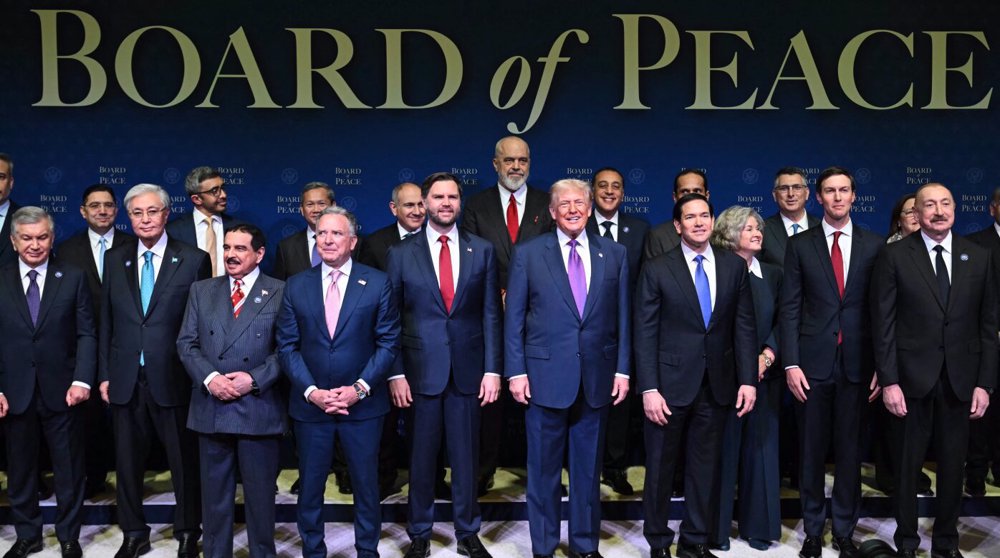Iran says its Vienna proposals not 'maximalist' but based on JCPOA rights
Yusef Jalali
Press TV, Tehran
The seventh round of the Vienna talks wrapped up on Friday with modest gains, and the negotiating teams are back home for a recess.
Iran, China, Russia, France, Germany and the UK, plus the US, which is participating indirectly, have held multiple rounds of talks to revive the 2015 deal, which the US abandoned in 2018 and reimposed sanctions on Iran.
The sides are now working to reach an agreement on a joint text that would promise the removal of anti-Iran sanctions, the US's re-entry to the deal and Iran's return to full compliance to the accord.
Tehran says in the first place, it wants all sanctions, imposed as part of the US's so-called maximum pressure campaign, removed in a verifiable manner. Also, there must be a guarantee that the US will not renege on the accord again. This seems to be a major roadblock as the US regards Iran's demands as maximalist.
Tehran says its demands are nothing but its rights under the 2015 deal. Iran's Foreign Ministry described the US behavior as symptoms of Alzheimer's, as it has forgotten the terms of the pact.
Iran and the P4+1 started the Vienna talks in April this year, during the previous Iranian government.
The sixth round of the talks was the last in the Rouhani administration, and the seventh round began after a five-month hiatus as Iran was forming its new team in the new Iranian administration.
The new Iranian negotiating team shares the same stance as the previous one. Iran wants all sanctions to he lifted. While there's still resistance on the part of the US to accept Iran's demands, the negotiating parties hope that in the next round of talks, a common ground can be reached.
US-allied fuel tanker attacked by Iran still burning in Strait of Hormuz: IRGC
Attacks on hospitals, schools ‘strike at life itself’: Pezeshkian
Iran’s attacks on US bases ‘legitimate’ response to source of aggression: Araghchi
IRGC targets US intelligence centers, military depots in 11th wave of attacks
US-Israeli attacks damage 5 hospitals, medical centers in Iran: MP
Unlike US, Iran prepared for a long war: Security chief
Missile sirens will never stop in Israeli-occupied territories, Iran warns
Leader’s martyrdom will drive Iran to greater dignity and victory: Senior cleric









 This makes it easy to access the Press TV website
This makes it easy to access the Press TV website